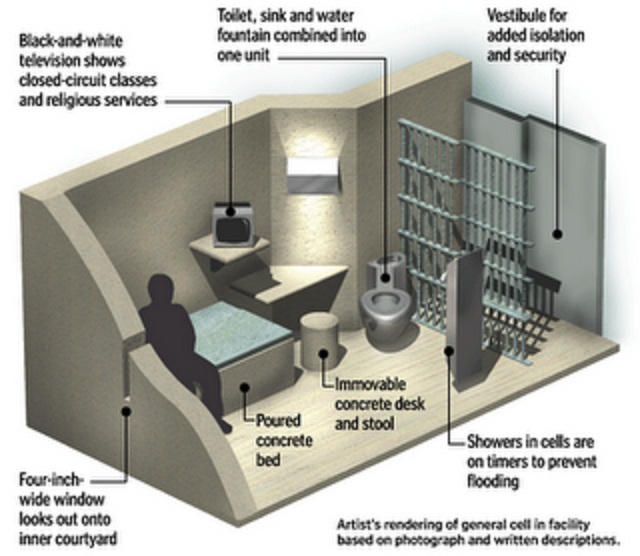As we delve into the inner workings of administrative segregation within federal prisons, we are confronted with a complex and often controversial aspect of the penal system. The use of Special Housing Units, commonly known as SHUs, raises questions about the treatment and conditions of inmates placed in solitary confinement. Shielded from the general prison population, individuals in administrative segregation are subject to a different set of rules and protocols, prompting discussions on inmate rights, mental health considerations, and the overall effects of prolonged isolation on human psyche and behavior. These secretive realms within the prison system, primarily reserved for those who have violated institutional rules or pose security risks, present a unique set of challenges and ethical dilemmas that warrant a closer examination.
Overview of Administrative Segregation

In federal prisons, administrative segregation is commonly used to separate certain inmates from the general population. Also known as Special Housing Units (SHUs), these facilities are intended for individuals who pose a threat to others, need protection, or require closer monitoring. Solitary confinement in SHUs is a key aspect of administrative segregation, where inmates are isolated in their cells for extended periods.
Conditions in the SHU vary but generally involve limited contact with others, restricted access to personal belongings, and minimal time outside of the cell. Inmates in protective custody in the SHU may be subject to prison disciplinary segregation based on their behavior while in confinement. This segregation can be both physically and mentally challenging for individuals, raising concerns about the effects of long-term isolation.
Despite the strict regulations governing SHUs, inmate rights are protected to a certain extent. Regulations are in place to ensure that individuals in administrative segregation receive necessary medical care, access to legal representation, and opportunities for review of their placement. However, questions surrounding the mental health impact of SHU confinement continue to be a topic of discussion and advocacy in the prison system.
Conditions in Special Housing Units
Within Special Housing Units (SHUs) in federal prisons, inmates are subject to strict isolation from the general prison population. In Federal Bureau of Prisons confined spaces, individuals are often kept in their cells for up to 23 hours a day, with limited opportunities for social interaction or physical activity.
The environment in SHUs can be stark and devoid of stimuli, contributing to feelings of loneliness and despair among inmates. The lack of natural light and minimal furnishings in these units further intensify the sense of isolation experienced by those held within them.
Despite efforts to ensure safety and security, the restrictive conditions within SHUs can take a toll on the mental health of inmates. Extended periods of solitary confinement may lead to heightened levels of anxiety, depression, and other psychological challenges, underscoring the importance of addressing mental well-being in such environments.
Impact of Long-term SHU Confinement
Long-term SHU confinement can have significant effects on an inmate's mental well-being. The isolation and lack of human contact can lead to feelings of loneliness, anxiety, and even depression for those enduring extended periods in such restrictive conditions.
Furthermore, the prolonged solitary confinement can exacerbate existing mental health issues or trigger new ones in inmates. The lack of stimulation, limited social interaction, and confinement to a small space can all contribute to the deterioration of mental health over time.
Prisoners in long-term SHU confinement may also face challenges when reintegrating into the general prison population or society. SHU prison regulations extended isolation and strict regulations within the SHU can make it difficult for individuals to adjust to a less restrictive environment, leading to potential issues with socialization and behavior once released from confinement.
